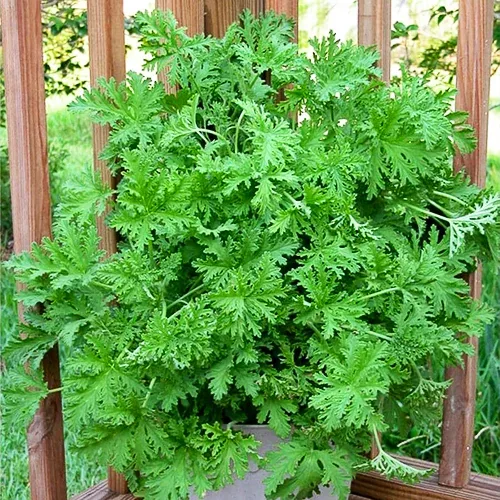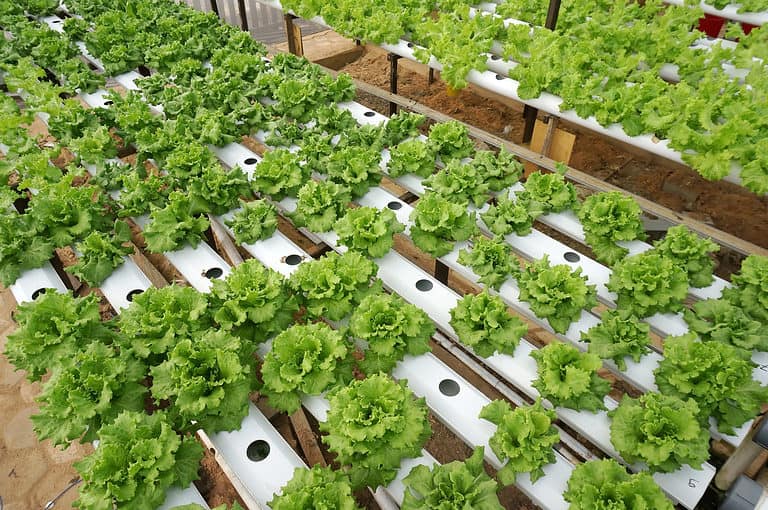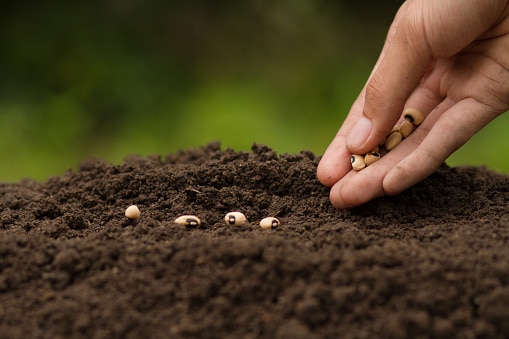How to Control Weeds in a Garden: Simple, Effective Tips
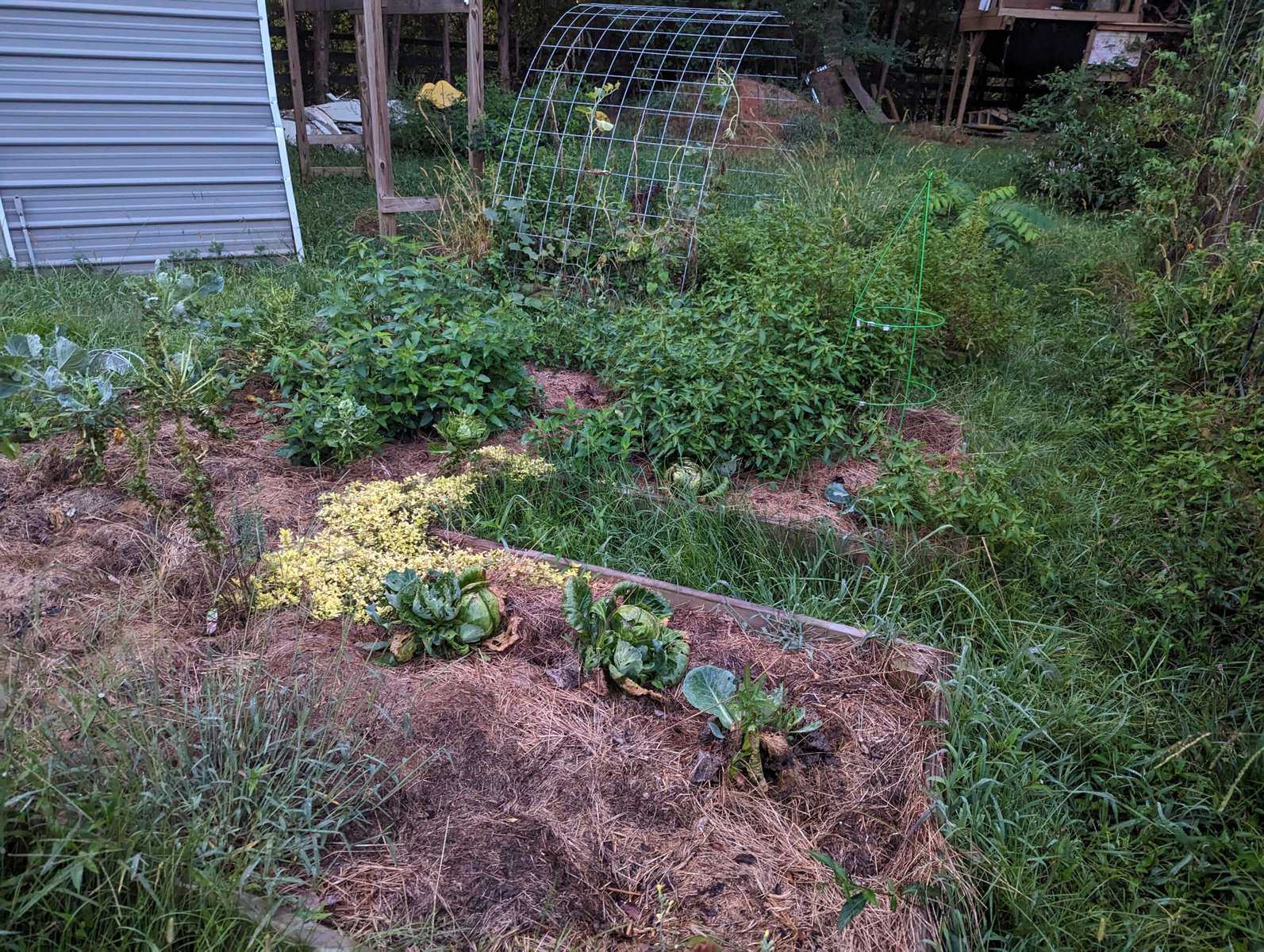
Tired of battling those pesky weeds in your garden, only to have them reappear time and time again? Fear not! In this comprehensive blog post, we’ll explore the world of weeds, why they matter, and how to control weeds in a garden effectively. From organic methods to sustainable chemical options, we’ll guide you through an array of weed control strategies that will leave your garden thriving and weed-free. So, let’s dig in, shall we?
Key Takeaways
Understand weeds and their impact on gardens for effective organic weed control.
Utilize mulching, hand-pulling techniques, natural killers and garden design strategies to prevent weed growth.
Invest in the right tools & equipment, adhere to optimal timing & maintenance schedules for safe chemical control options that won’t compromise health or environment.
Understanding Weeds: What They Are and Why They Matter
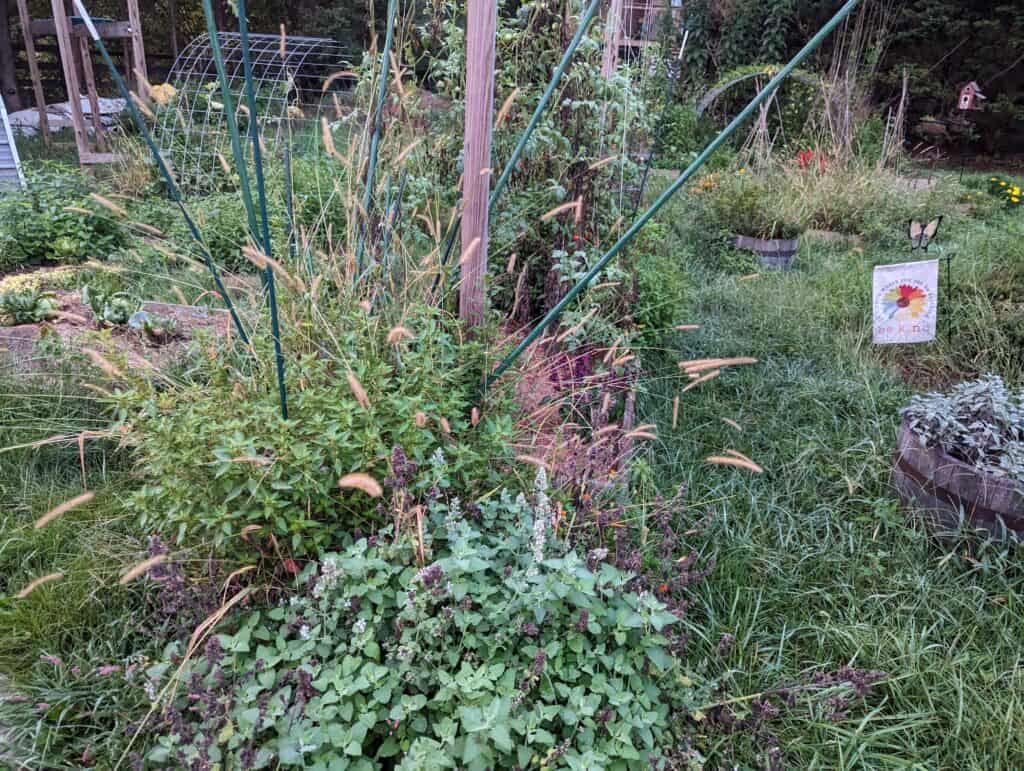
Weeds can be a gardener’s worst nightmare, but what exactly are they? Weeds are generally defined as unwanted plants that can bring a lot of beauty and joy. Although they may seem like a nuisance, weeds can actually provide some benefits. They can bring a unique aesthetic to the garden and provide a home for beneficial insects. Controlling weeds aids your desired plants in accessing more nutrients and stops the spread of pests or diseases.
There are various types of garden weeds that you may encounter in your garden. Dandelions, purslane, lamb’s quarters, bindweed and pigweed are some common garden plants. They can be easily found in any home garden. You may also come across winter annual weeds like henbit, common chickweed, and wild mustard, or summer annual weeds such as smooth pigweed, common lambsquarters, purslane, galinsoga, common ragweed, and tall morningglory. The most widespread perennial weed is the ever-present common Bermudagrass. Understanding these different types of annual weeds is the first step towards effective weed control.
So, why should you devote time and effort to controlling weeds? Effective weed control strategies prevent weeds from robbing the soil of essential nutrients, preserve moisture and nutrients in the soil, and uphold the health and beauty of your garden. Remember, the initial four weeks of a plant’s life is the perfect time to ensure they are weed-free. Now that we understand the nature of weeds and their impact on gardens, let’s explore some organic weed control methods.
Organic Weed Control Methods

Organic weed control methods are a fantastic alternative to harsh chemical treatments. This section covers the advantages of mulching for weed suppression, hand-pulling techniques, and the benefits of employing natural weed killers.
Let’s get started with mulching!
Mulching for Weed Suppression
Mulching is an effective way to suppress weeds in your garden. It works by blocking light from reaching the soil, preventing weed seed germination, suppressing growth underneath itself, and maintaining moisture. There are various types of mulches that can be used in your garden, such as hardwood bark mulch, straw, and shredded leaves. Organic mulches are especially beneficial because they break down over time, adding nutrients back into the soil.
Appropriate technique is key when applying mulch. Here are some guidelines to follow:
In the walking rows, apply a thick 4 to 6-inch layer of hardwood bark mulch.
In the growing rows, apply a generous 3 to 4-inch layer of straw, clippings, or shredded leaves.
Mulch can be applied directly over existing weeds, but make sure to combine it with a barrier such as newspaper, cardboard, or landscape fabric.
This combination effectively smothers the weeds and prevents new ones from emerging.
The correct tools for mulching also play a pivotal role in your success. A trusty old steak knife is perfect for severing weeds from their roots in mulched beds. However, it’s important to ensure that your organic mulch source is not contaminated with weed seeds, rhizomes, or tubers. By following these mulching tips, you’ll be well on your way to a weed-free garden.
Hand-Pulling Techniques
Hand-pulling is a time-tested and effective method for controlling weeds in your garden. Manually removing weeds ensures the entire weed, roots and all, is eliminated, thus preventing regrowth and spread. The ideal time to pull weeds is after a rain when the ground is softened. This makes it easier to grasp the weed near the base of the stem and pull firmly, ensuring the entire root is removed.
Consistent maintenance is key to successful hand-pulling. Regularly hoeing your garden at least once a week will help keep the soil moving and ensure that weeds don’t have the chance to take over. Adopting this proactive approach enables tackling weeds before they escalate into a larger problem, ultimately conserving your time and effort.
Natural Weed Killers
If you’re looking for an environmentally friendly alternative to traditional herbicides, natural weed killers might be the answer. One popular option is a homemade solution made from one part vinegar and four parts water, with an ounce of dish soap added to a gallon of the mixture for optimal results. Applying this solution directly to the weeds on a sunny day can yield excellent results without harming the surrounding plants or polluting the environment.
Another natural weed killer strategy involves covering the soil with dampened newspaper or brown cardboard and then topping it with 2 inches of straw or compost to exclude light. This method effectively smothers existing weeds and prevents new ones from germinating. Heat treating weedy compost is another great option, as it destroys many of the microscopic life-forms that give compost its power.
Opting for these natural weed killers, such as corn gluten meal, allows for effective weed management and control weeds without the need for harmful chemicals or risking environmental harm.
Garden Design Strategies for Weed Prevention
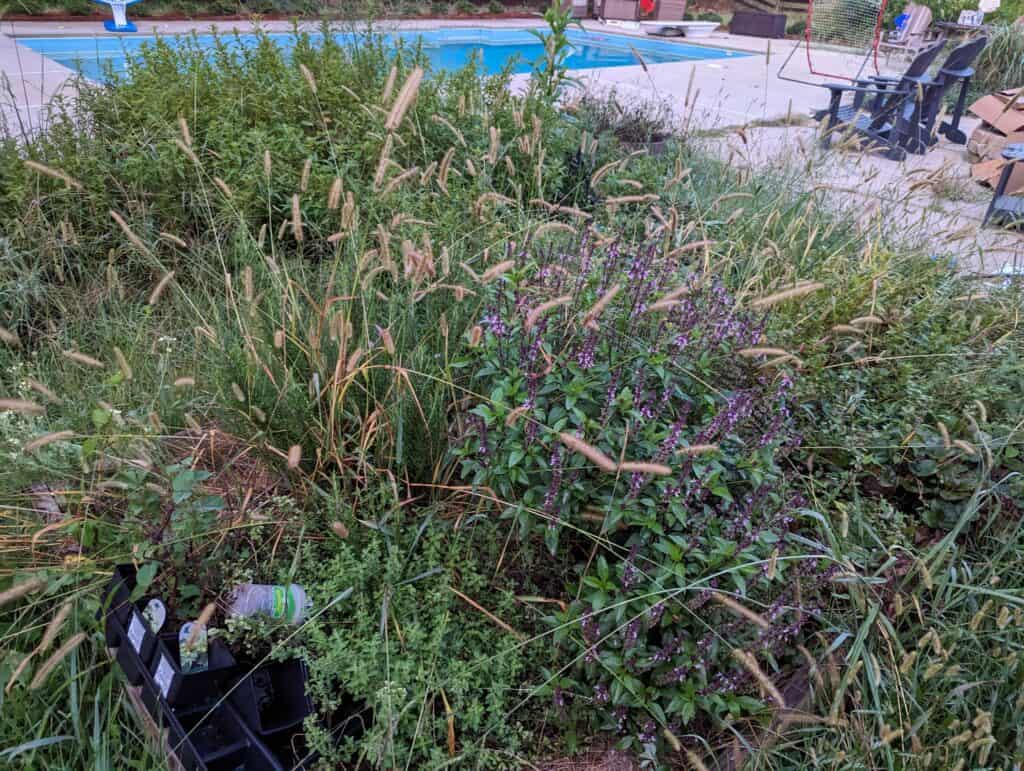
The design of your garden can play a significant role in preventing weed growth and even help to kill weeds. One effective strategy is close plant spacing, which reduces weed growth by casting shade on the soil and suppressing weed germination. Another technique is the use of cover crops, such as rye grass, winter wheat, or oats, which create weed barriers to stop blowing seeds from entering and taking hold.
Raised beds are another excellent garden design strategy for weed prevention in your vegetable garden. By promoting soil aeration and healthy plant growth, raised beds can help keep weeds at bay. Incorporating these garden design strategies, including a garden bed, into your landscape effectively prevents weed takeover and maintains a beautiful, thriving garden.
Tools and Equipment for Effective Weed Management
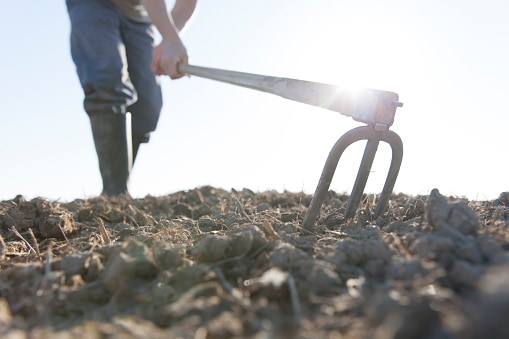
The right tools and equipment can make all the difference when it comes to managing weeds in your garden. Some of the most effective tools for weed control include:
Hori Hori Knife: ideal for tackling small weeds
Cobrahead Weeder & Cultivator: extremely useful for weeding and loosening soil to prepare for seeding and transplanting
Collinear Hoe: great for cutting through tough weeds
Fishtail Weeder: perfect for removing weeds with deep roots
Having these tools on hand will make weed control in your garden much easier and more efficient.
For bigger thugs, consider using a Fishtail Weeder or Collinear Hoe. These tools can help you effectively remove larger weeds and prevent them from spreading or regrowing. Investing in the proper tools and equipment significantly enhances your weed management efforts and maintains a healthy, weed-free garden.
Timing and Maintenance: When and How to Tackle Weeds
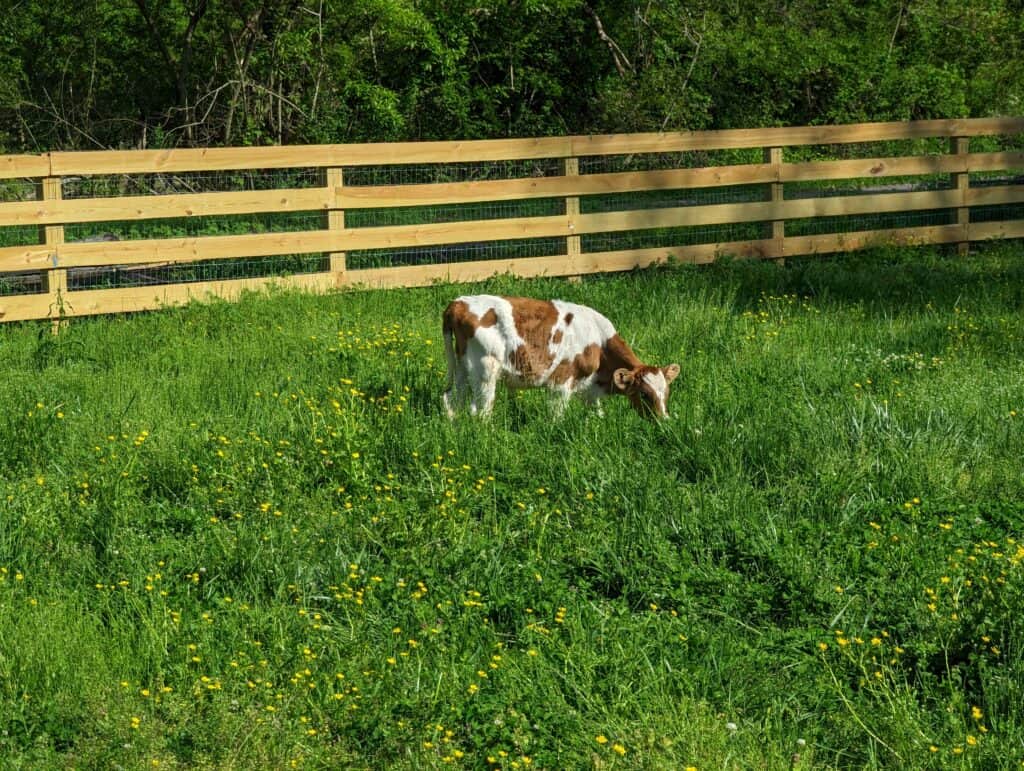
Effective weed control relies on appropriate timing and regular maintenance. Understanding when to tackle weeds prevents dormant weed seeds from exposure to light and air, thus avoiding germination. The ideal conditions for weeding include wet soil, which makes it easier to effortlessly pull the weeds, and dry soil, which enables you to quickly hoe the weeds.
Applying treatments when the soil is dry will help ensure their effectiveness and reduce the time required for hand-weeding later in the season. Early application of treatments will also help maximize their benefits, ensuring your garden remains weed-free and healthy.
Following recommended timing guidelines and keeping to a consistent weeding schedule allows for effective weed management and a thriving garden.
Safe and Sustainable Chemical Weed Control Options
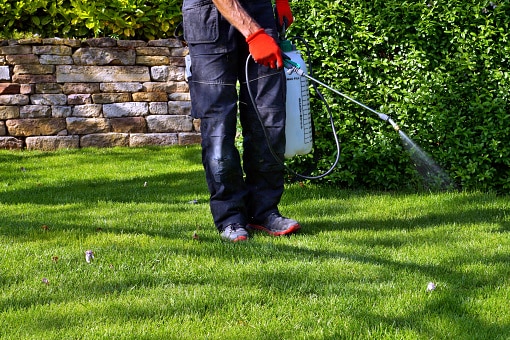
While organic methods are often preferred, there are safe and sustainable chemical weed control options available. These options include:
Organic herbicides that use naturally occurring oils or acids
Preemergence herbicides such as S-metolachlor and metolachlor
Selective postemergence herbicides like clethodim and fluazifop-p-butyl
These safe chemical options offer several advantages over traditional weed-killing chemicals:
They do not contain harmful ingredients such as glyphosate
They are often organic or derived from natural sources, making them more environmentally friendly
They are selective in their action, targeting only the weeds while leaving desired plants unharmed.
Using these safe and sustainable chemical weed control options effectively manages weeds without compromising either the health of your garden or the environment.
Common Mistakes to Avoid in Weed Control
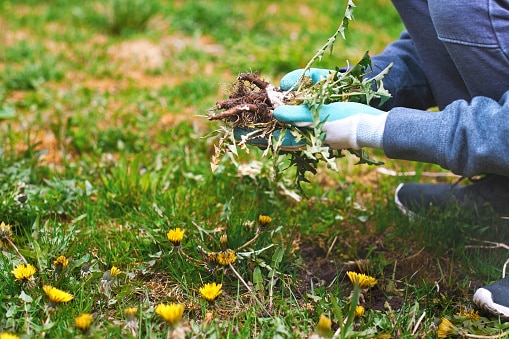
When it comes to weed control, there are several common mistakes that should be avoided. Overwatering, for example, can lead to increased weed growth and make it more challenging to manage weeds in your garden. Soil disruption can also be detrimental, as it can expose dormant weed seeds to light and air, triggering germination and leading to more weeds.
Another common mistake is improper mulching. Using contaminated mulch can introduce weed seeds, rhizomes, or tubers to your garden, making weed control more difficult.
Avoiding these common mistakes and adhering to the tips and strategies outlined in this blog post allows for effective weed control and a beautiful, healthy garden.
Summary
In conclusion, effective weed control is crucial for maintaining a healthy and thriving garden. By understanding weeds and their impact on your garden, implementing organic weed control methods such as mulching, hand-pulling, and natural weed killers, utilizing garden design strategies for weed prevention, and employing the proper tools and equipment, you can successfully manage weeds and enjoy a beautiful, weed-free garden. Remember, consistency and timing are key, so stay diligent in your weed control efforts and watch your garden flourish.
Frequently Asked Questions
What will kill weeds but not garden?
By using lemon juice and vinegar, as well as mulching and edging around the plants, you can successfully kill weeds without harming your garden. Mulching helps prevent sunlight from reaching the weed, while the acidic solution of vinegar and lemon juice will reduce the pH in the soil surrounding the weeds, killing them off.
How do I permanently stop weeds from growing in my garden?
Permanently stop weeds from growing in your garden by applying a thick layer of organic mulch like bark or shredded leaves, approximately 2 inches deep. This will block the sunlight and inhibit weed growth. Kill existing weeds at their roots and use grass clippings as mulch for larger areas.
What are some organic weed control methods?
Organic weed control can be achieved through mulching, hand-pulling, and using natural weed killers for a safer and healthier alternative.
How can I use vinegar as a natural weed killer?
Easily make a natural weed killer solution with vinegar, water, and dish soap and apply it to weeds on a sunny day for best results. This solution will help keep your garden looking beautiful!
What are some effective garden design strategies for weed prevention?
Strategically planting and spacing crops, utilizing cover crops, and building raised beds can all help to reduce weed growth in your garden.


